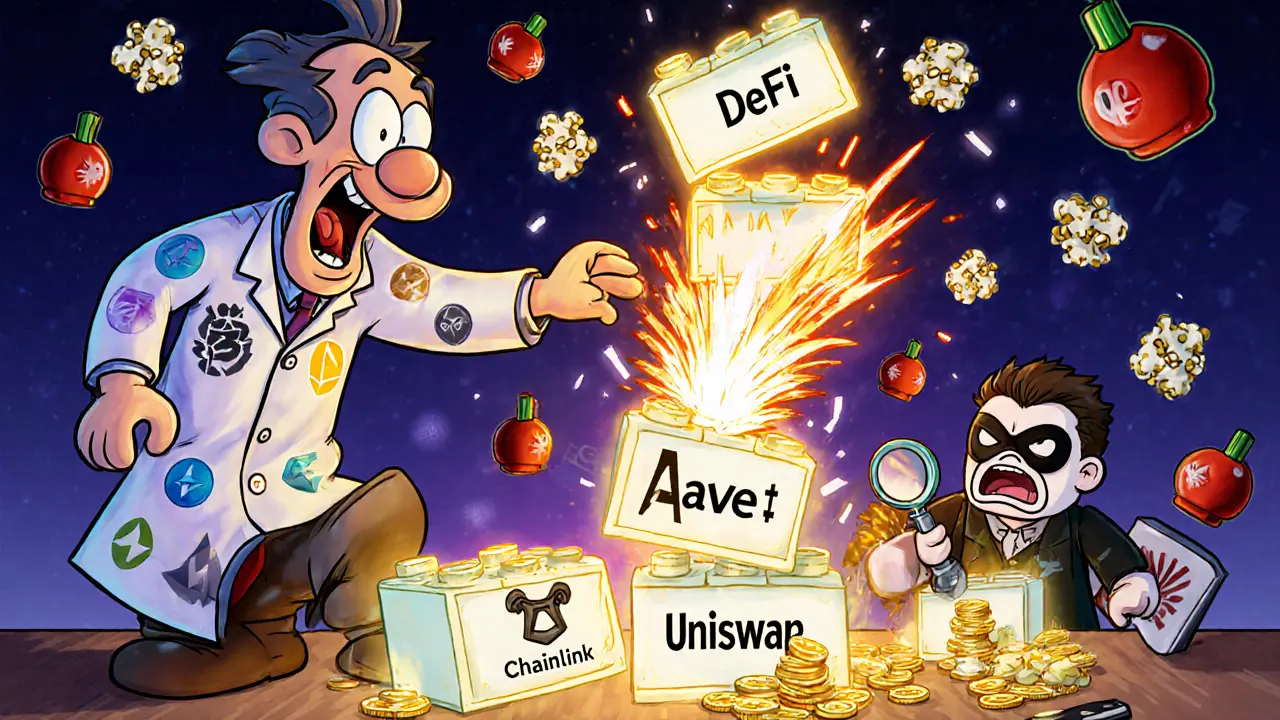Security Trade-Offs in Crypto: What You Sacrifice for Convenience
When you use a crypto exchange or join a DeFi protocol, you’re always making a security trade-off, a conscious or unconscious choice between ease of use, lower fees, or higher returns versus real protection of your funds. It’s not about being paranoid—it’s about knowing what you’re giving up when you click "Connect Wallet" or sign up for a new platform. Every time you pick a platform with no KYC, skip a seed phrase backup, or trust an airdrop that asks for your private key, you’re trading safety for speed. And those choices add up.
Crypto exchange security, how well a platform protects your assets from hacks, insider theft, or regulatory takedowns. Also known as custodial safety, it’s not the same as blockchain security. Platforms like VinDAX or ko.one might offer low fees, but if they’re not regulated, don’t publish audit reports, or hide their team, their security is a guess. Meanwhile, DeFi risks, the hidden dangers in automated protocols that can drain your wallet through smart contract bugs, flash loan attacks, or rug pulls are invisible until it’s too late. Look at MakiSwap or Lumi Finance—both had clever tech, but liquidity vanished fast because no one was watching the doors.
Then there’s the crypto scams, fraudulent projects disguised as legitimate tokens or airdrops that trick users into handing over keys or paying gas fees for fake rewards. Also known as ponzi tokens, they thrive on the same trade-off: you want free crypto, so you ignore the red flags. Kibho Coin, STARGATEAI, and MoMo KEY airdrops all used the same playbook—hype, urgency, and no verifiable code. Meanwhile, real projects like Across Protocol or Uniswap v4 make security visible: they publish audits, use time-locked contracts, and let users verify every step. The difference isn’t magic—it’s transparency.
And don’t forget blockchain decentralization, how distributed and resistant to control a network really is. Staking on OKX feels easy, but if they control the validator nodes, you’re not really decentralized—you’re just outsourcing your risk. Compare that to mining in Russia or staking on a fully open protocol like SynFutures v2, where the rules are public and no single entity can flip a switch to freeze your assets. The trade-off? Slower, more complex, but truly yours.
What you’ll find below aren’t just reviews—they’re case studies. Each post shows you exactly where the trade-offs live: in Taiwan’s banking bans, in Mexico’s new crypto reporting rules, in the silent collapse of a DEX with no liquidity, or in the quiet success of a bridge that never gets hacked. You’ll see how security isn’t a feature—it’s a pattern of choices. And once you learn to read those patterns, you won’t just avoid scams. You’ll pick platforms that actually respect your money.

Composability vs Security Trade-offs in Blockchain Systems
Composability lets blockchain apps combine modules for faster innovation, but each connection adds security risk. Learn how to build securely without giving up speed.